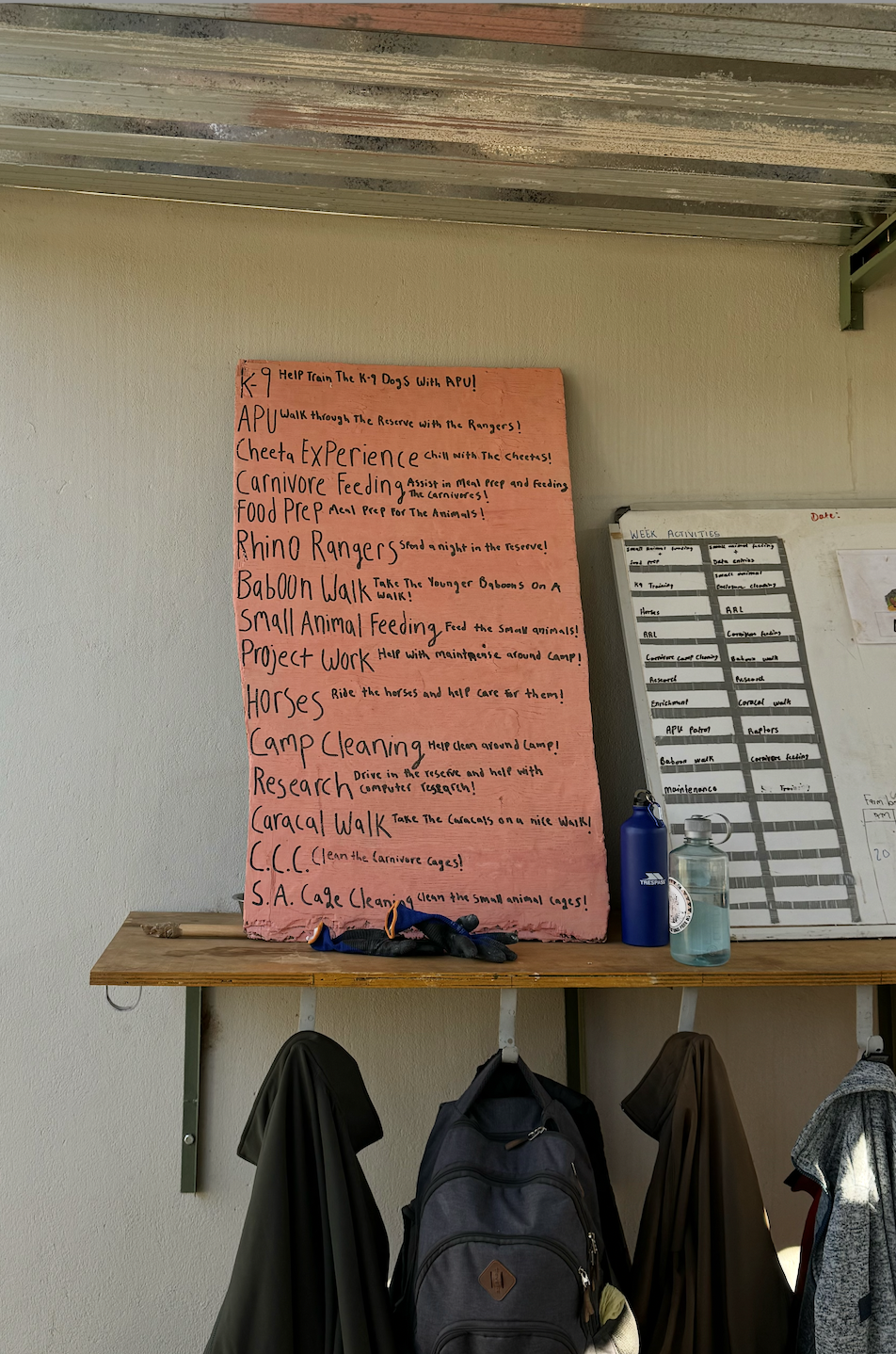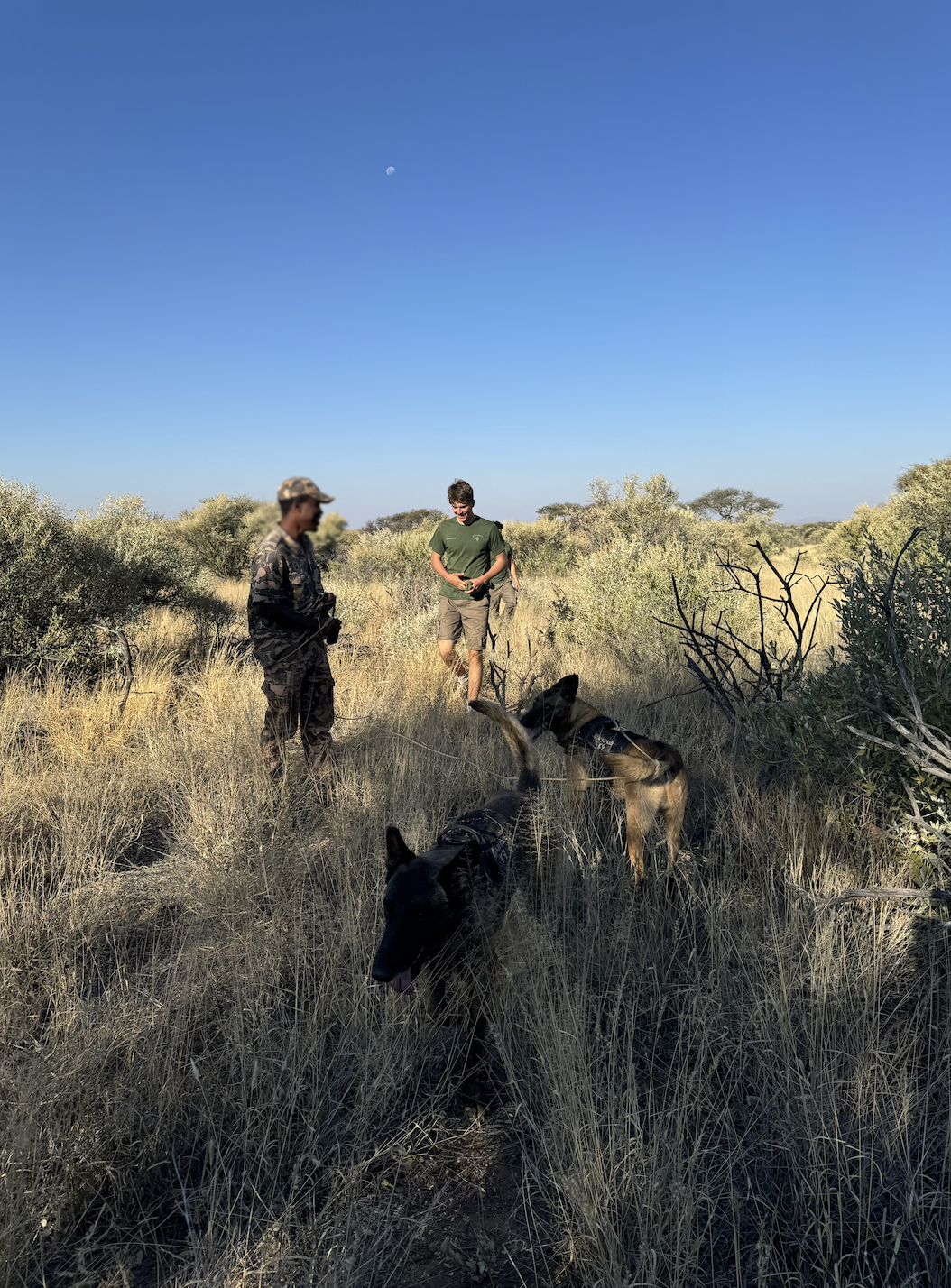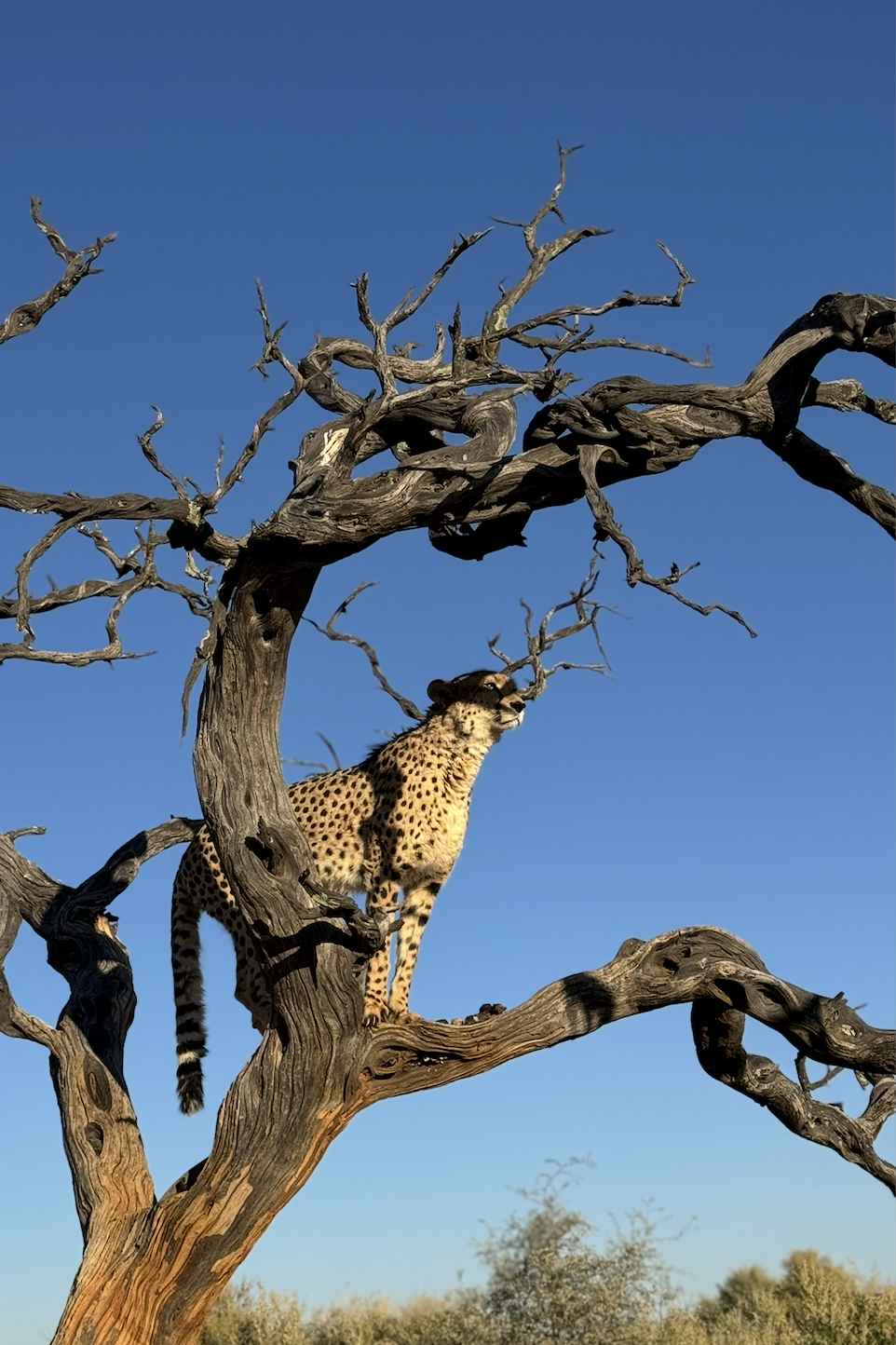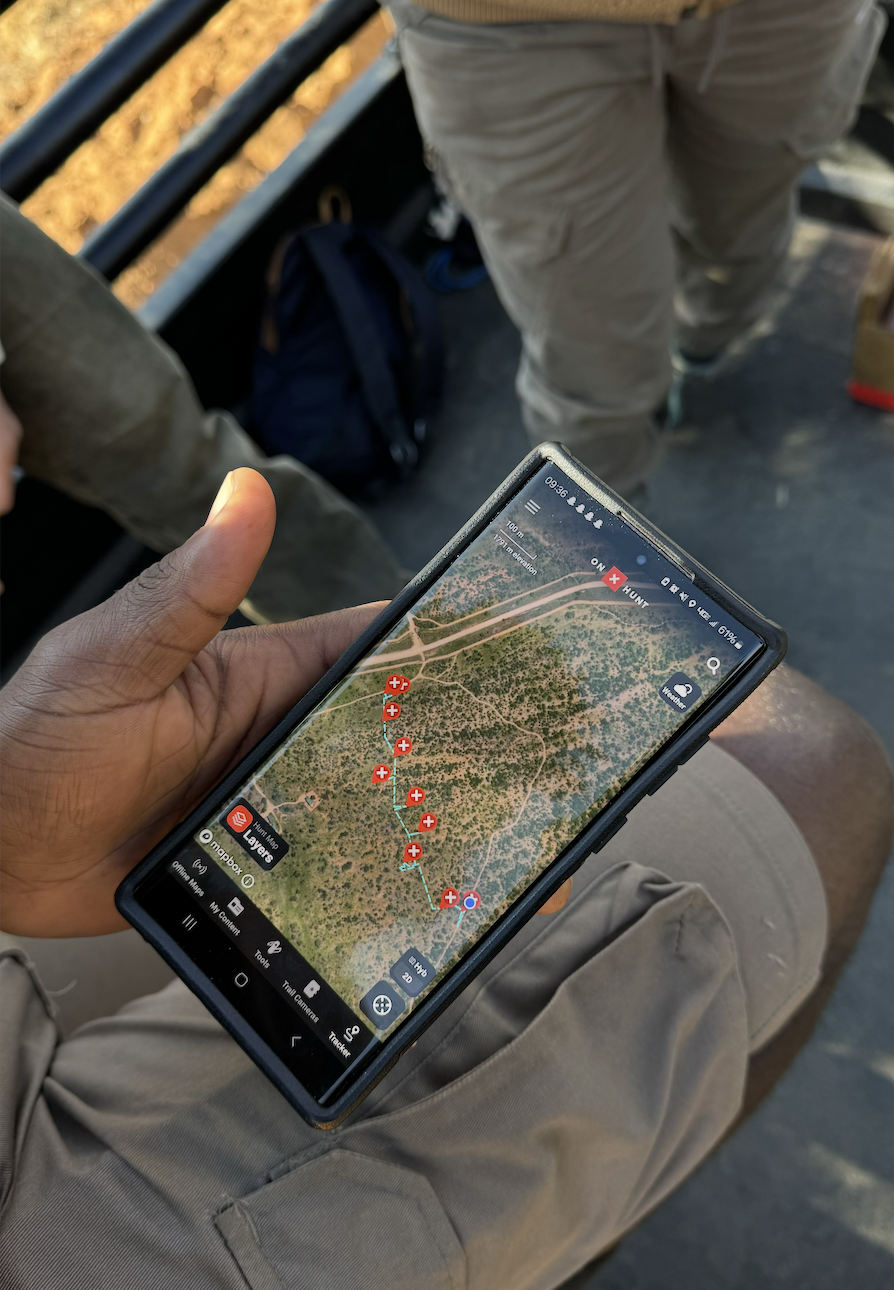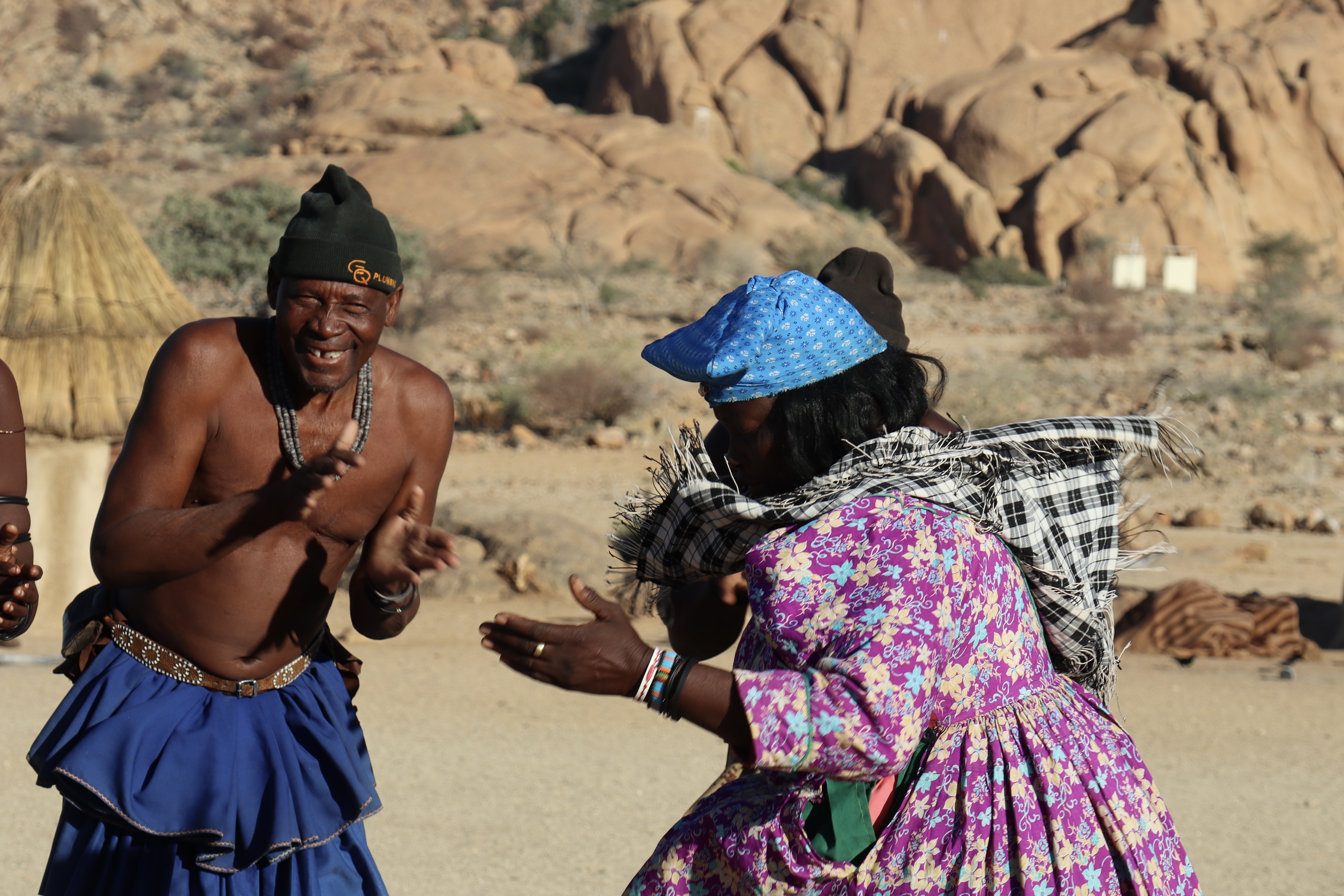Artists: Sun Yuhan, Cabrel Domche
Organizer: Sun Yuhan
Address: Beijing Inside-Out Art Museum
Time: 2024. 07. 28, 11:00 - 15:30
![]()
The art project École du soir (The Evening School), currently on display in the third-floor area of the Times Museum, has reached the midway point of its exhibition period. In June, this collective learning space created by artist Christian Nyampeta hosted two artist takeovers, where artists shared their experiences: exploring collective perception, collaborative thinking, and improvisational interaction through performative games or collectively watching Nyampeta's films, reading texts aloud, and leading participants outside the museum. Through diverse practices, artists from different fields explore possibilities for communal living in an era dominated by differences.
This Sunday, we have invited researcher Sun Yuhan to join The Evening School for artists takeover, sharing her embodied experience as a volunteer in Africa. Artist Nyampeta’s exploration of knowledge sharing through various practices resonates with Sun Yuhan’s research focus: how can we engage in knowledge exchange and sharing in a more interconnected way? After reading The Evening School’s text Africa as a Question to the World, Yuhan delved deeper into questions such as “Why think about Africa?” and “How can we live together?” Drawing on her volunteer experiences in Africa, she addresses topics including African revolutions, apartheid, and the concept of coexistence with Europe. These reflections form part of her sharing session.
During her month-long stay at the Naankuse Wildlife Center, Yuhan witnessed local people, against the backdrop of colonial history, rebuilding and integrating new socio-cultural systems while coexisting with natural civilization. She observed a strong desire among people for communal living and progress. The Evening School is an opportunity to share her insights, experiences, and reflections from Africa, inspiring us to cultivate a deeper interest in the richness of a pluralistic world.
“In fact, they thrive with adequate nutrition and minimal material culture. Hunter-gatherers are content because they are not burdened by unattainable desires. Sahlins, known for his knack for coining catchy terms, called hunter-gatherers the 'original affluent society' and described their economic model as 'primitive affluence.”
“The Ju/'hoansi (one of the San tribes) underwent a rapid transformation from a closely-knit and isolated hunter-gatherer community to a marginalized minority struggling to survive in a rapidly changing, multilingual modern nation-state—an unprecedented pace in modern history. While this process has been bewildering for the Ju/'hoansi, it has also endowed them with a unique, albeit fleeting, dual perspective on the modern world—a viewpoint born from living in one world yet belonging to another; from being part of a modern nation-state yet excluded from full participation; no longer engaging with modern society through the hands and minds of hunter-gatherers.”
— Affluence Without Abundance: The Disappearing World of the Bushmen by James Suzman
When we mention Africa, the first images that often come to mind are vast landscapes, wildlife, and untamed nature. The theme of Dancing with the ‘Wild’ in this context refers to the unrestrained aspects of nature and the life philosophies of ancient tribes, such as the San people, that still exist in Africa today. These tribes continue to practice their original, nature-based ways of living, possessing unique skills and an uplifting, free-spirited attitude toward life.
In the African worldview, dance serves as a channel for personal and communal healing. Africa’s concept of illness and health integrates the social, spiritual, physical, and psychological realms. The various forms of dance and rituals practised across its diverse settlements are deeply connected to the process of healing from trauma. Thus, "dancing together" is an indispensable part of African knowledge and culture.
The human body possesses innate wisdom...
Through the connection of rhythm and movement,
individuals can integrate with this bodily wisdom and feel more enriched.
——Dance in the African Worldview
On Sunday, July 28, starting at 11:00 AM, the Evening School event will feature three parts: Dancing – Sharing – Screening.
At 11:00 AM, Cameroonian dancer Cabrel Domche will introduce Afro dance and lead an experiential workshop, allowing participants to connect with the distant African continent through the rhythms of traditional drum music and the interplay of body and culture.
At 1:30 PM, Sun Yuhan will share her experiences as a wildlife and environmental conservation volunteer in Namibia this past June, providing insights into this resilient and vibrant young land.
Finally, in the Times Museum meeting room, we will host continuous screenings of two films by artist Christian Nyampeta: Sometimes It Was Beautiful and Words After the World.

![]()
![]()
![]()


